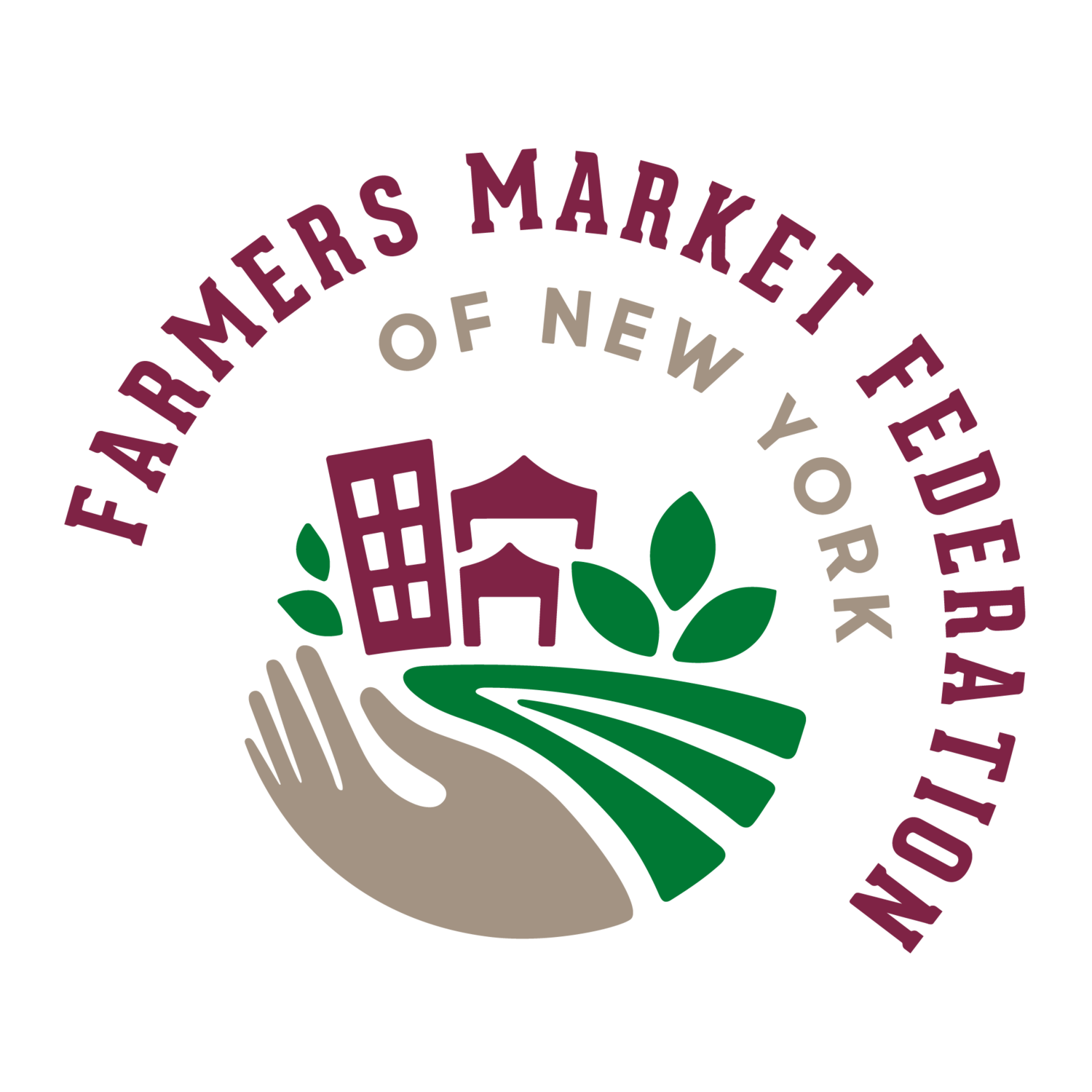About Food Safety
Food-borne illnesses have to become a frequent news story, from the spinach issue in 2006 to the tomato/jalapeno contamination illnesses in 2008, to the most recent salmonella tainted cantaloupes. Consumers are becoming ever-more aware of food safety and are deeply concerned about the safety of the foods they are choosing for their families. In increasing numbers consumers are turning to local producers for their foods. They know that a local farmer, selling direct to consumers, understands the responsibility he bears for bringing the highest quality and safest foods to their customers. He takes pride in his product and works diligently to ensure the safety of his foods and the health and well-being of his customers.
Good Agricultural Practices (GAPs) standards have been established to cover production and post-harvest handling of produce. Farmers are trained in these standards by Cornell Cooperative Extension Educators and adopt procedures on the farm to prevent microbial contamination in their products and maintain a healthy food product. Some farmers are even required to undergo food safety audits before their customers, i.e. chain supermarkets and other wholesale firms, will accept their products. Direct marketers, while not required to undergo audits, adopt applicable GAPs standards to protect their customers as well.
However, while GAPs covers production and post-harvest handling, there are no standards for safeguarding food in the retail arena, whether at a farmers market, a pick-your-own field or a Community Supported Agriculture (CSA) farm. The Farmers Market Federation and Cornell Cooperative Extension of Jefferson County have developed a set of recommendations to cover food safety at a variety of direct marketing venues. Click on the links below to find guidelines for the direct marketing venues, as well as Recommendations for Crisis Communication.
A training curriculum is also available here. This is a training curriculum for the entire series of recommendations. The curriculum, geared toward Cornell Cooperative Educators and other farm service agencies, provides a complete toolkit for training farmers on Food Safety at Direct Marketing Venues.
Food Safety Checklist [word]
Protocols
The content of this food safety protocols training curriculum should be viewed/or printed in the following order provided in the overview file.
Guide for Food Sampling [PDF]
Guide for Food Demos [PDF]
Links
Food Safety Begins on the Farm: Good Agricultural Practices for Fresh Fruits & Vegetables [Link]
Food Safety at Farmers Markets and Agritourism Venues: A Primer for California Operators [Link]
Fight BAC Campaign [Link]
Cornell Livestock and Poultry Marketing and Food Safety Guide [Link]
Cornell Marketing and Food Safety Resources for All Farmers List [Link]
The Food Safety Modernization Act: Learn More & Act Today [Link]
Understanding the Food Safety Modernization Act: FSMA Factsheet [PDF]
Foodborne Pathogens [Link]
Produce Safety Alliance [Link]
Good Agricultural Practices [Link]

